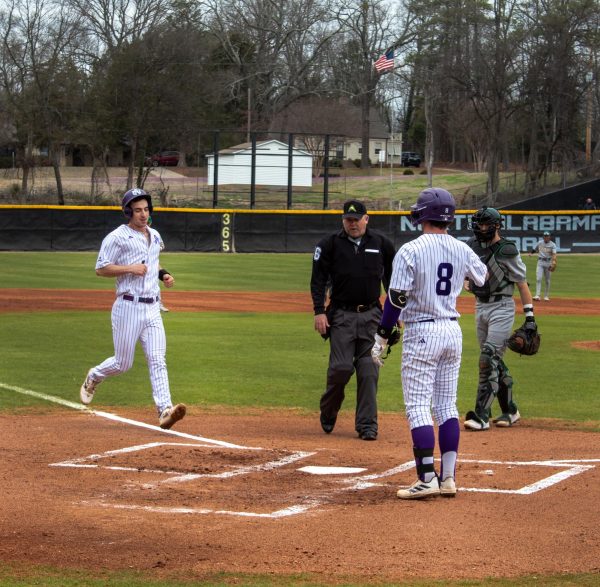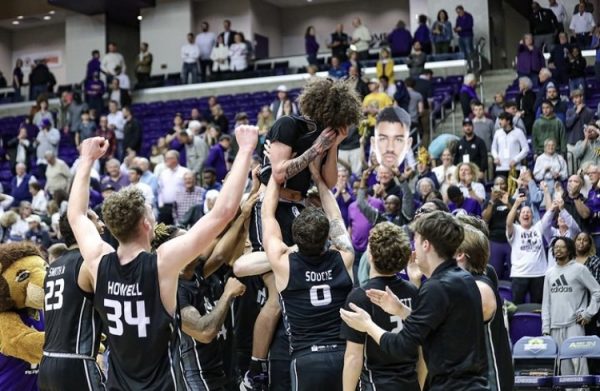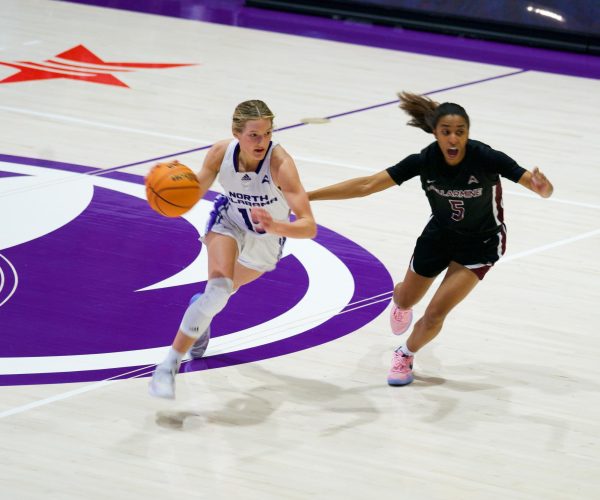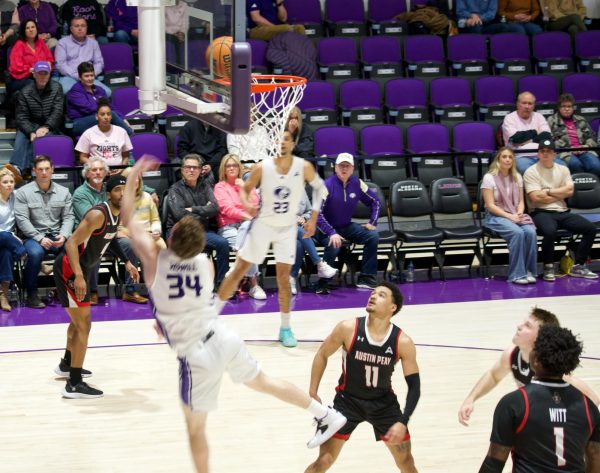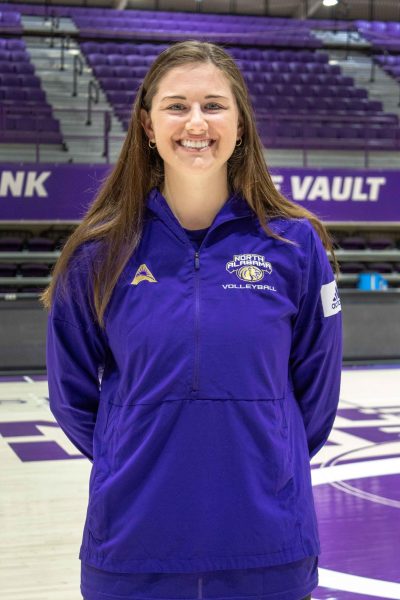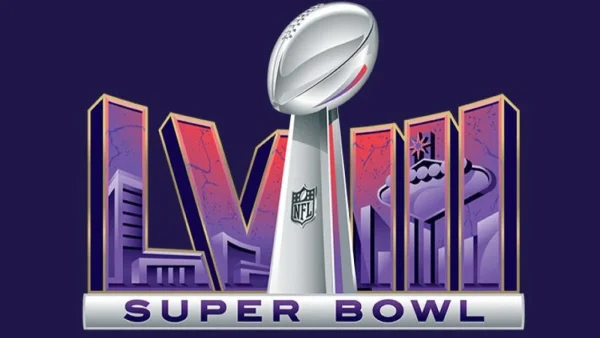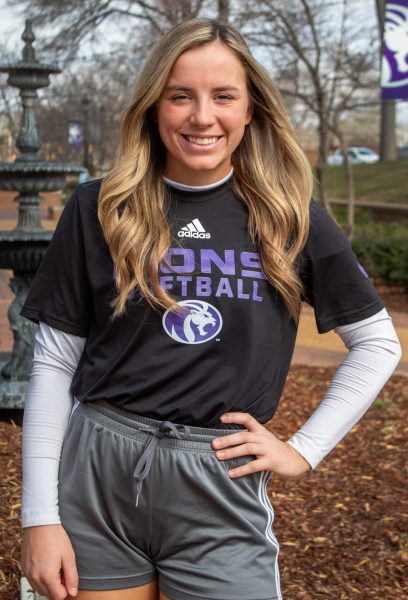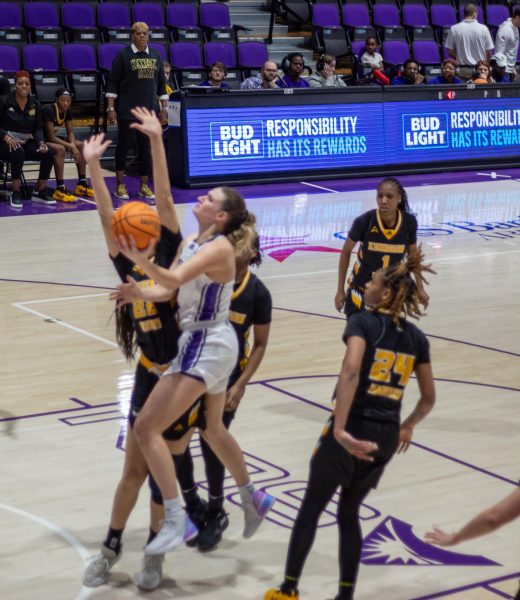‘Pay to play’ reports surface, sparks debate
October 10, 2013
Five former and current Southeastern Conference football players were accused of receiving illegal benefits and being ‘paid to play’ while competing for their respective universities on Sept. 11.
Though player-compensation is a good idea, the process of doing it would be the problem, said head men’s basketball coach Bobby Champagne.
“Because of the money certain programs and players bring to the university, maybe they should be compensated,” Champagne said. “The question is how do you do it, and who all gets paid?”
That question is the problem for head softball coach Ashley Cozart, she said.
“I think it would just create problem on top of problem,” Cozart said. “It would cause many universities financial pressures and would water down many sports that are highly competitive, because some teams could pay athletes more than others.”
The biggest problem student athletes have is with the purity and fairness of student athletes getting paid, said golfer Matt Stephens and cross-country runner Roger Good.
“When some athletes are paid and other athletes are not, it takes away from the purity of the game,” Stephens said. “It’s about the name on the front of the jersey that allows for the name on the back of the jersey to be possible.”
Paying student athletes could change the dynamic of the department, said Good, a senior.
“I’m content with what I get,” Good said. “Students in the athletic department are like a family, and if one student or one sport gets paid and another doesn’t, it would pollute the environment.”
While some athletes are content with their scholarship, others, like student Keith Jones, think compensation would not hurt.
“I spend my whole day hitting the books, going to football meetings and practice. So, yeah, a few extra bucks a month wouldn’t hurt,” said junior offensive tackle Keith Jones.
Any rule changes on compensation would not have a major impact on Division II athletics, said assistant athletic director Todd Vardaman.
“(Student athletes being paid) wouldn’t probably change the culture at UNA, but it probably would at your BCS (Bowl Championship Series) schools, because the rate-of-pay would certainly go up,” said Vardaman. “It would make governing student-athletes much more difficult.”


